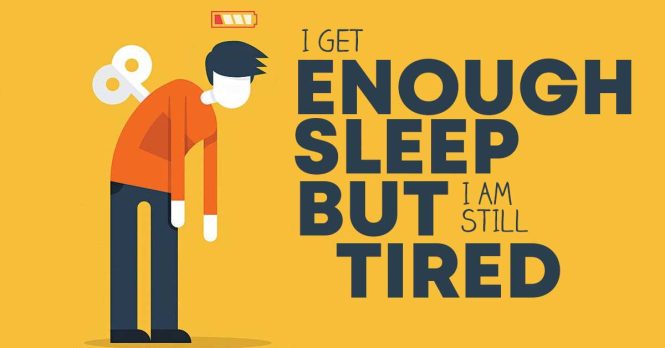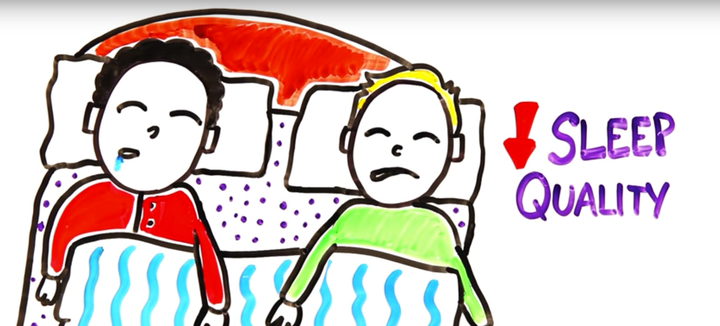

Experiencing a Vitamin Void? Why are you still feeling tired despite taking your supplements? This article delves into the intricate reasons behind ongoing fatigue, even when taking vitamins. We’ll explore common underlying issues, including nutrient deficiencies, lifestyle factors, and possible gut health problems, to provide actionable solutions. We’ll analyze how to understand and treat this pervasive issue. We’ll examine the different aspects of the Vitamin Void and recommend practical steps you can take to find the root cause of your tiredness. This article is structured into sections addressing common causes, practical lifestyle changes, and guidance on when to seek professional medical help.
Unmasking the Vitamin Void: Why Supplements May Not Be Enough
Feeling perpetually fatigued despite a seemingly healthy diet and vitamin intake? You might be experiencing a “Vitamin Void.” This term describes a situation where you’re consuming vitamins but aren’t receiving the full benefits. It signifies an underlying issue interfering with the absorption or utilization of nutrients. This phenomenon often arises not from a lack of vitamin ingestion, but rather, a systemic dysfunction impacting how your body processes and utilizes those vitamins. Many factors can contribute to this, including undetected deficiencies, underlying health conditions, or simply a lack of the right approach to supplement consumption. Understanding the concept of a Vitamin Void is crucial to addressing underlying reasons and restoring your energy levels.
Identifying Underlying Nutrient Deficiencies
Nutritional Gaps: The Silent Culprit
Many people take a multivitamin, believing they’re meeting all their nutritional needs. However, a multitude of factors can make this an unrealistic expectation. A common factor contributing to Vitamin Void is an undiagnosed nutritional deficiency. For example, low levels of vitamin B12, iron, or magnesium can drastically impact energy levels. These micronutrients play essential roles in numerous bodily functions, impacting energy production, red blood cell formation, and more. Without these, the body experiences consistent fatigue. Moreover, improper absorption, particularly in those with gut health issues, further compounds the issue.
Diagnostic Importance of Blood Tests
Blood tests are invaluable in diagnosing nutrient deficiencies. These tests can measure levels of key vitamins and minerals. If you suspect a vitamin void, discuss blood tests with your doctor to evaluate your nutritional status. The specific nutrient deficiencies need to be identified and addressed with proper supplementation and dietary changes.
Diet and Absorption: Creating the Right Conditions
Another crucial factor contributing to Vitamin Void is the interplay between diet and absorption. The type of food you eat significantly impacts nutrient absorption. For instance, consuming vitamin C-rich foods along with iron-rich foods can improve iron absorption. Furthermore, consider factors like gut health and whether certain medications or lifestyle choices might interfere with nutrient absorption.
The Role of Gut Health in Vitamin Absorption
The Gut-Brain Connection
Gut health plays a vital role in nutrient absorption. An imbalanced gut microbiome can lead to decreased nutrient absorption, exacerbating the symptoms of a Vitamin Void. The gut microbiome profoundly impacts various bodily functions, including nutrient metabolism. The digestive system absorbs nutrients into the bloodstream. Problems in the gut’s functionality hinder the absorption process. When the gut lining is compromised, essential vitamins cannot be adequately absorbed from the food, causing a Vitamin Void to form.
Addressing Gut Health Issues
Addressing gut health issues through diet, probiotics, prebiotics, and sometimes even medication is crucial for improving nutrient absorption. Prioritizing a diet rich in fiber and fermented foods often supports a healthy gut microbiome. Consider supplementing with probiotics to rebalance gut bacteria. Addressing the underlying causes can often lead to significant improvement in overall health and energy levels.
Case Studies and Scientific Literature
Studies have shown a direct correlation between gut health and nutrient absorption. Further research is crucial to understand the complex interactions within the gut-brain axis, furthering insights into the role of gut health in combating the Vitamin Void.
Lifestyle Factors and Their Impact
Stress Management: A Crucial Element
Chronic stress can negatively affect energy levels and nutrient absorption. The physiological response to stress often involves the release of hormones that can interfere with the body’s ability to utilize nutrients efficiently. Chronic stress can deplete vital nutrients and disrupt the gut biome balance, further contributing to a Vitamin Void.
Sleep and Exercise: Essential Components
Adequate sleep is essential for the body’s repair and restoration processes. Lack of quality sleep can directly contribute to fatigue and impair nutrient absorption. Regular exercise is another critical element; physical activity improves blood circulation and overall bodily function, including nutrient delivery to cells. Regular exercise is crucial for a healthy metabolism.
Seeking Professional Guidance: When to Consult a Healthcare Professional
Recognizing the Need for a Consultation
If you’re consistently experiencing fatigue despite taking supplements, it’s time to seek professional medical guidance. Persistent exhaustion, unexplained weight loss or gain, or other accompanying symptoms might indicate an underlying health issue.
The Importance of a Comprehensive Evaluation
Consult a healthcare professional for a thorough evaluation of your current condition. They can evaluate your medical history, symptoms, and potentially conduct diagnostic tests to identify any underlying causes. This personalized approach addresses the uniqueness of individual needs and experiences. Furthermore, it ensures that treatment is targeted toward the root cause of fatigue rather than just treating symptoms.
Exploring Potential Underlying Issues
Underlying conditions, such as thyroid issues or other medical issues, can cause a Vitamin Void. An expert can determine if this is the case and offer the appropriate care. A health professional can diagnose and provide the appropriate medical advice.
null
In summary, Vitamin Void—why you’re still tired despite supplements—is often a multifaceted issue. Address underlying conditions like deficiencies, poor gut health, or insufficient lifestyle factors. Prioritize a balanced diet, regular exercise, stress management, and sufficient sleep. Consult a healthcare professional for personalized guidance. If you suspect a Vitamin Void, don’t hesitate to seek expert advice. They can accurately diagnose the root cause and suggest the most effective and personalized course of action to address your specific needs.